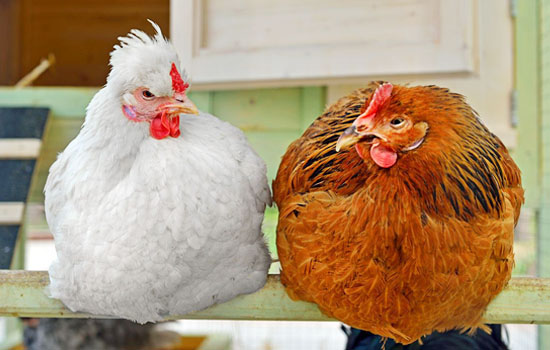What is the function of cascading automatic chicken breeding equipment? Next, please follow along to see the features and advantages of cascading automated chicken battery cage equipment
.
There are two types of automated chicken raising equipment to be precise, one is stepped automatic chicken raising equipment, and the other is cascading automatic chicken raising equipment. Most chicken farmers now use stepped chicken farming equipment, and most chicken farms do not use automated equipment and rely on manual operations, but every chicken farmer has also seen stepped automated chicken farming. Chicken equipment, I have introduced the difference between stepped chicken breeding equipment and stacked chicken breeding equipment before. Today, I will focus on cascading chicken breeding equipment. Stacked chicken raising equipment, as the name suggests, is layered on top of each other. This kind of cage must have highly precise automated equipment to complete the entire chicken raising process, and must have more advanced production techniques to ensure the durability of the cage. At present, Tian Rui mainly adopts hot-dip galvanizing process. Hot-dip galvanizing, also called hot-dip galvanizing, has a thick galvanized layer, is not easy to rust, and has high durability. It can be used for 15-20 years.
Features of stacked automatic modern poultry farming equipment:
1. Layered breeding, the number of layers is optional, up to 10 layers, the breeding density per unit space is extremely high, the breeding output is large, and the efficiency can be reasonably doubled.
2. Automatic feeding and drinking, saving manpower, improving labor productivity, and increasing egg-to-feed ratio.
3. Automatic egg collection, reducing labor costs, high efficiency and stability.
4. Automatically clean manure, dry and hygienic, save labor, clean manure many times a day, greatly reduce respiratory diseases of chickens.
5. Concentrated feeding reduces the amount of mobile contact of staff in the chicken house, which is beneficial to the prevention and control of chicken diseases.
